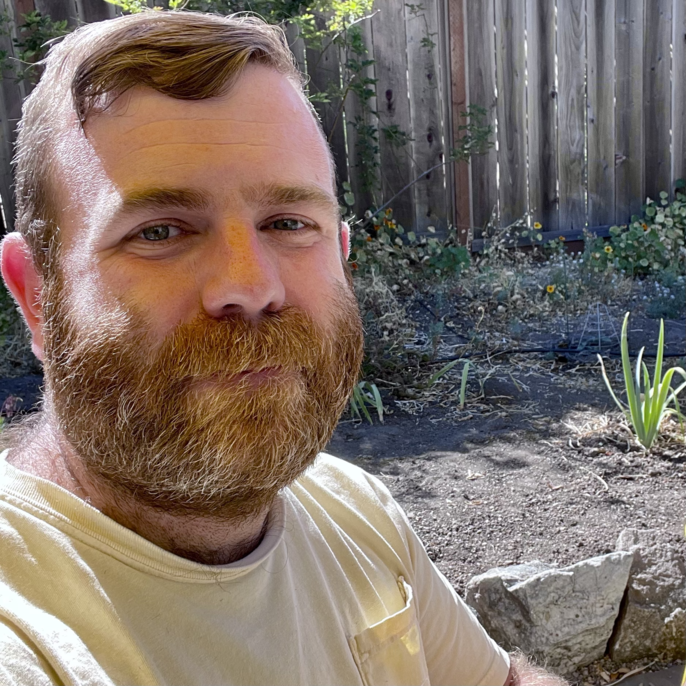Course Description
This course will be a hands-on and skill-based introduction to designing and carrying out language experiments in the field. In principle there are no formal differences between an experiment in the lab and an experiment in the field. But in practice there are both particular challenges to be considered and unique opportunities for discovery. In this course students will go through all the steps involved in planning a field-based experiment. These include some familiar issues – like design, materials creation, norming and revision, programming and analysis – as well as ones that are heightened in field-based research: project and team management, preparing for institutional review, recruitment and compensation, and addressing sociocultural differences. Students are welcome to approach the course with their own research questions or projects, but it is not necessary: the instructors will provide exercises based on their own experiments, so that each skill can be practiced. In addition, we will read a selection of recent papers to see the range of solutions researchers have employed. The goal is for students to leave the course with a practical toolkit of templates, scripts and texts, with which to jump-start their own field-based experimental projects.
Area Tags: Psycholinguistics, Fieldwork
(Sessions 1 & 2) Tuesday/Friday 1:30-2:50
Location: ILC S413
Instructors: Jed Sam Pizarro-Guevara and Matt Wagers
Jed Pizarro-Guevara is a postdoctoral researcher in the Department of Linguistics at the University of Massachusetts, Amherst. He received his Ph.D. from the University of California, Santa Cruz in 2020. His research focuses on the description and analysis of Tagalog to produce a fuller, empirically richer picture of its morphosyntax. This then sets the stage for his psycholinguistic investigations of how non-local dependencies are comprehended. Although his research has focused mainly on Tagalog, he has also worked on Dabaw Bisaya and Zapotec.

Matt Wagers is a professor in the Department of Linguistics at the University of California, Santa Cruz, where he has worked since earning the Ph.D. from the University of Maryland in 2008. His primary research interests are sentence processing – especially the coordination of syntactic information in memory – and experimental syntax. As part of a large network of collaborators, he is focused on developing psycholinguistic research in smaller or lesser-studied languages. This has led to an emphasis on verb-initial languages, particularly Chamorro and Zapotec.
